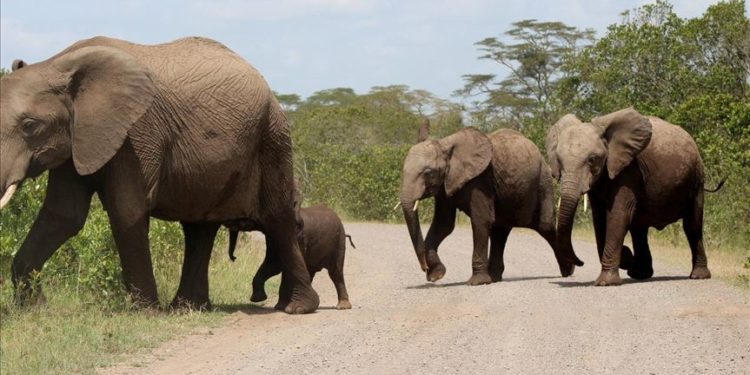Kenya’s wildlife authorities have released a free mobile phone app that lets users track sightings of uncommon mammals.
The Mammal Committee of Nature Kenya, the National Museums of Kenya, and collaborators created the smartphone app, which also offers a method to post pictures and information like the number of mammals spotted and their precise positions.
According to official statistics, Kenya is home to almost 400 species of animals, 22 of which are regional natives. The impact of climate change and human activity on their natural habitats is making it harder for authorities to safeguard them, they claim.
The Mammal Atlas Kenya, or Makenya, enables any user who comes across a wild mammal to identify it and register its location.
A researcher at the National Museums of Kenya Dr Simon Musila said that “When you see this animal, what are they doing? Are they resting? Are they running away? Are they feeding? What are they doing the moment you see them? You can also add the behaviour.”
Respiratory Device Made In Kenya Saves Newborns In Ukraine
According to Musila, it’s critical to include the people through technology to support the nation’s few mammal specialists. The shifting environment and conditions for the animals’ survival will be documented, according to wildlife authorities.
The Makenya app is developed by Samson Onyuok. Since the app’s launch in August, users like him have reported more than 2,500 sightings of mammals.
“First, I think I take pride in contributing to conservation initiatives in the country. I think as a Kenyan, that is my little way of contributing to the conservation initiatives. So, yes, there is a fulfilment that comes with that,” Onyuok said.
According to experts, Africa makes only a small contribution to climate change, but it suffers the most from its effects. According to Dr Philip Muruthi, vice president of the African Wildlife Foundation, fewer uncommon mammals are reproducing, and fewer young mammals are surviving.
Liquid Intelligent Technologies Launches New Cyber Security Feature To Curb DDoS
“It is very difficult to gain from or control something you don’t know. This is crucial because of this. It will inform us of the species we have, their locations, and, possibly, which ones are seriously endangered and require immediate action. especially the minor things like the bats, not simply the large things,” said Dr Muruthi.
Wildlife officials estimate that at least a third of Africa’s animal species are found in Kenya, and they are optimistic that app users will increase efforts to protect them.
















